Wildlife photographer Mark Blake has enjoyed wildlife since his childhood. Mark’s fondness for photography grew through his teenage years. Since then, he has turned his hobby into a thriving career where he lives in Nottingham in the UK. Whether staying close to home or traveling around the UK, Mark can be found photographing an array of wildlife in its natural habitat. Mark has a true talent for capturing the very essence of his subjects. Mark’s body of work is quite expansive and his passion and drive for photography speak for itself.
Mark, thank you for taking the time to participate in this interview and best of luck to you with all your future projects. You are a very talented photographer and someone whose work is definitely worth following. I hope to see more great images of wildlife from you in the future!
If you’d like to learn more about Mark, please visit his website. You can also follow him on Twitter and Instagram.
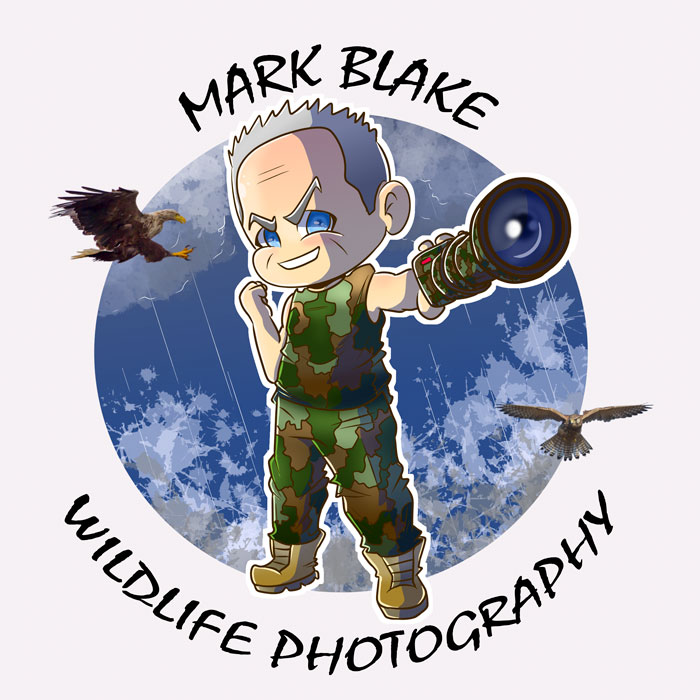
Can you please tell the readers a bit about yourself?
My name is Mark Blake, I live in Robin Hood’s home town of Nottingham in the UK.
After browsing through your website, I see that you have built up an extensive collection of wonderful photography. When did you first become interested in photography and how long have you been involved with it?
I first became interested in photography in my early teens after being encouraged by my uncle, who also shared a photographic interest. He also worked for a photo film developing company, visiting camera shops every day, which meant he could get great prices for equipment through his contacts.
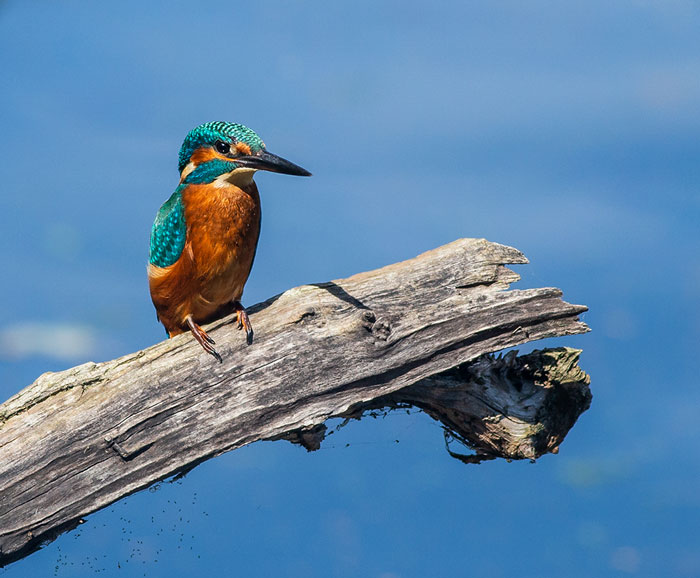
I then had a few years break as the film developing became too expensive, along with my other interests. About twelve years ago I found myself (after working seven days a week) with a job where I had these things called weekends to myself and was a bit like a fish out of water. So I needed a hobby. At that point, I decided to go back to photography, but this time with a digital camera; specialising on wildlife with extra twists, which would be, to only photograph wildlife that are wild and free in
Britain.
Marketing is a crucial component for any photographer. How do you go about marketing yourself?
I decided to go professional during the 2020 Lockdown in the UK. With having a lot of time on my hands, I taught myself social media such as Instagram, Twitter, & Facebook (which I find the most complicated) and I have also created my own YouTube channel, teaching wildlife photography to beginners or existing photographers, who are looking for a new genre.
Before you go out, do you plan your route and/or what type of wildlife you are wanting to shoot?
If you view my videos I often state that I am going out with a target species in mind, which I have decided on the previous evening. It’s always great if I manage to achieve my target, especially now as I video the days’ events along the way for my YouTube channel.
What is your favorite type of wildlife to photograph and do you have any specific strategies for photographing them?
Every time that I’m successful in photographing wildlife they always become my favourite, and I often smile to myself, as I find myself telling people that that days subject is my favourite, when I have so many.
Do you have a wish-list of shots you still want to get, maybe an animal that has eluded you?
There are still so many species I would love to photograph in the UK but on the top of my list are fox cubs, also whales, and orcas in British waters.
Who is the most inspirational photographer in your life?
Wildlife photographer Andy Rouse has been at the top of his game for many years. I just think it’s great, how much he still gets excited photographing a subject he’s probably photographed a thousand times, that’s a great inspiration.
How did you develop your style?
As I only concentrate on wildlife photography and nothing else, my style has developed naturally along the way.
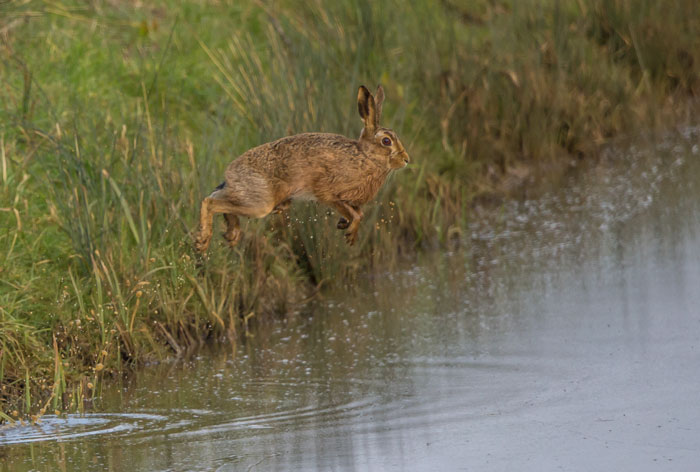
What is your favorite part of heading out to a new location?
I live two hours from the coast of Britain so in-between, there are many locations available to me that I haven’t yet explored, which is so exciting.
What do you hope viewers take away from your images?
I have had many great comments about my images on my website, but since I have been using social media the comments have blown me away, which is a great feeling. That’s all I want from a viewer. I also hope that they are inspired enough to take up wildlife photography and my first tip is always to set up your gear and settings first before making a move and know your own limitations.
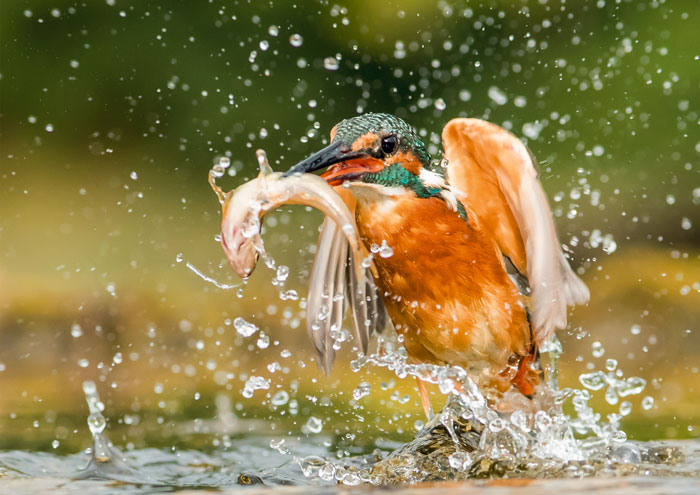
What photographic gear do you currently use?
I currently use a Canon 1DX mk1 camera, my lenses are 600mm F4, 400mm F5.6, and 24-105mm.
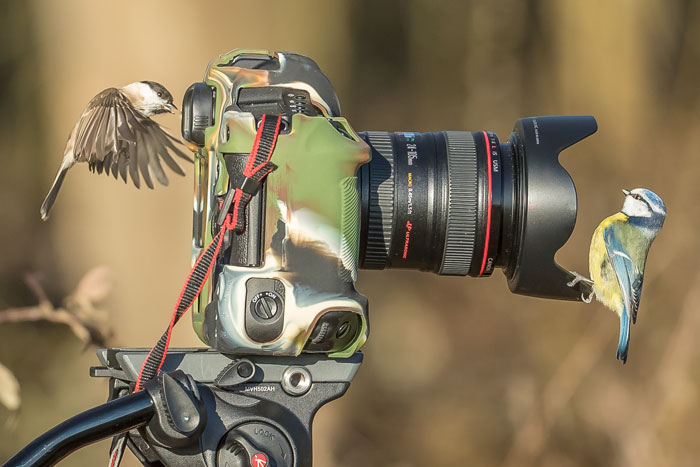
What is your favorite photography accessory?
With both of my long lenses, I always use a support, either a tripod or my favourite- my monopod.
Do you use Photoshop, Lightroom, or any other software programs for post-processing your images?
Right from the start, I have used Adobe Lightroom & on occasions Photoshop but not for photo manipulation as that’s something I don’t believe in.
What are your thoughts on raw images vs images that have been edited?
If I’m teaching someone who is a total beginner then I will recommend that they stay shooting in Jpeg for the time being. However, I personally always shoot in Raw because it’s wildlife photography, which is always shot outdoors, so the light conditions are rarely perfect; Raw files contain more information, which have a larger range of adjustment, so the beginners need to progress to shooting in Raw ASAP.
Can you tell me about one of your favorite or most memorable photo sessions? What made it so great and why did you like it so much?
My most favourite and memorable photo session has to be the day in November 2012- when I battled with the snow and freezing temperatures – that led to a life-changing image, a weasel jumping in the snow.
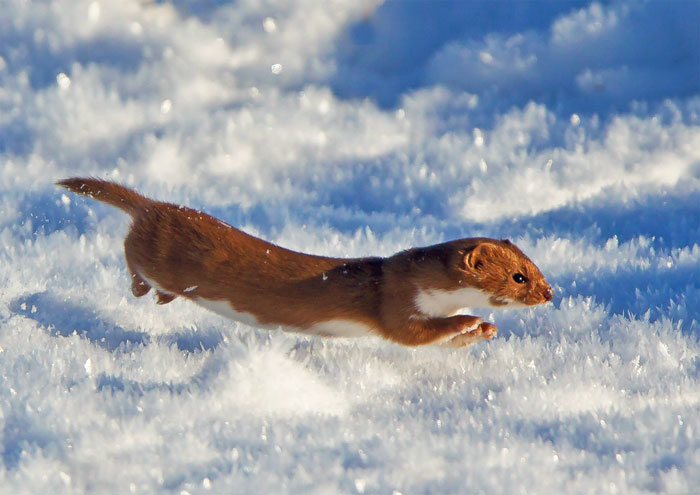
I entered this image into the largest photographic competition in the UK called the Countryfile Calendar Photographic Competition for Children in Need. It made the January spot on the nationally sold calendar, that was viewed on national television with the BBC. This led to me becoming a judge for future calendars for the next six years being filmed in front of nine million viewers. This opened many doors and new experiences for me and has become my proudest moment.
I have had so many fantastic days out with wildlife photography (always accompanied by my wife and soul mate) so any day that is not fruitful really doesn’t matter, as the day out in the countryside with wildlife is a massive part for both of us.
What do you think the future holds for you? Where do you see yourself in the next few years?
In the future, firstly, it is just to continue what I am doing, but with a strong enough income stream to support myself, plus current and future wildlife photographic projects; secondly, to keep seeing viewer’s reactions that seem to bring joy and hopefully inspiration.
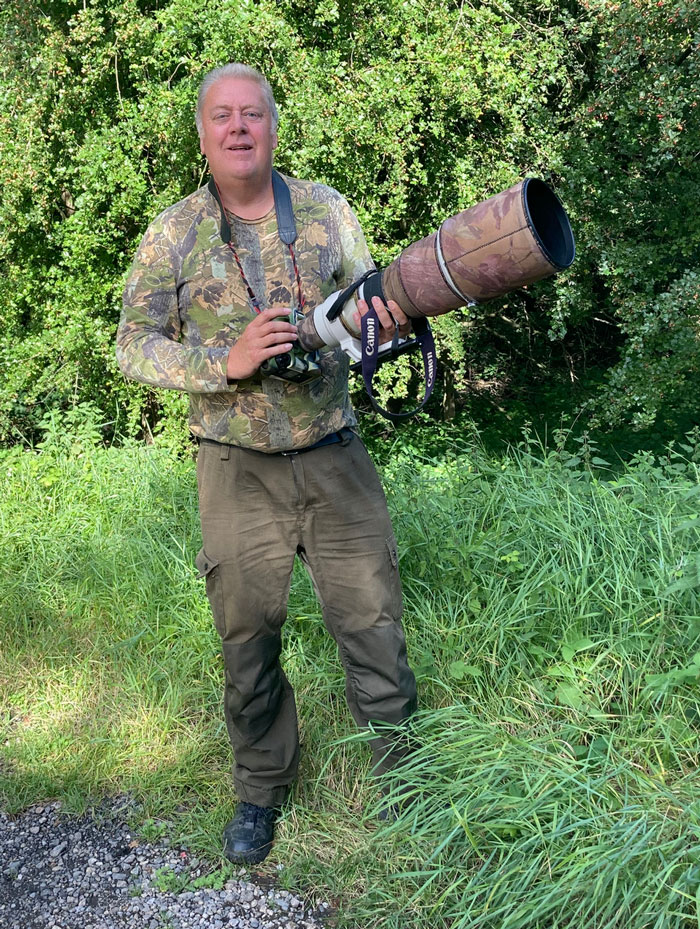
Leave a Reply